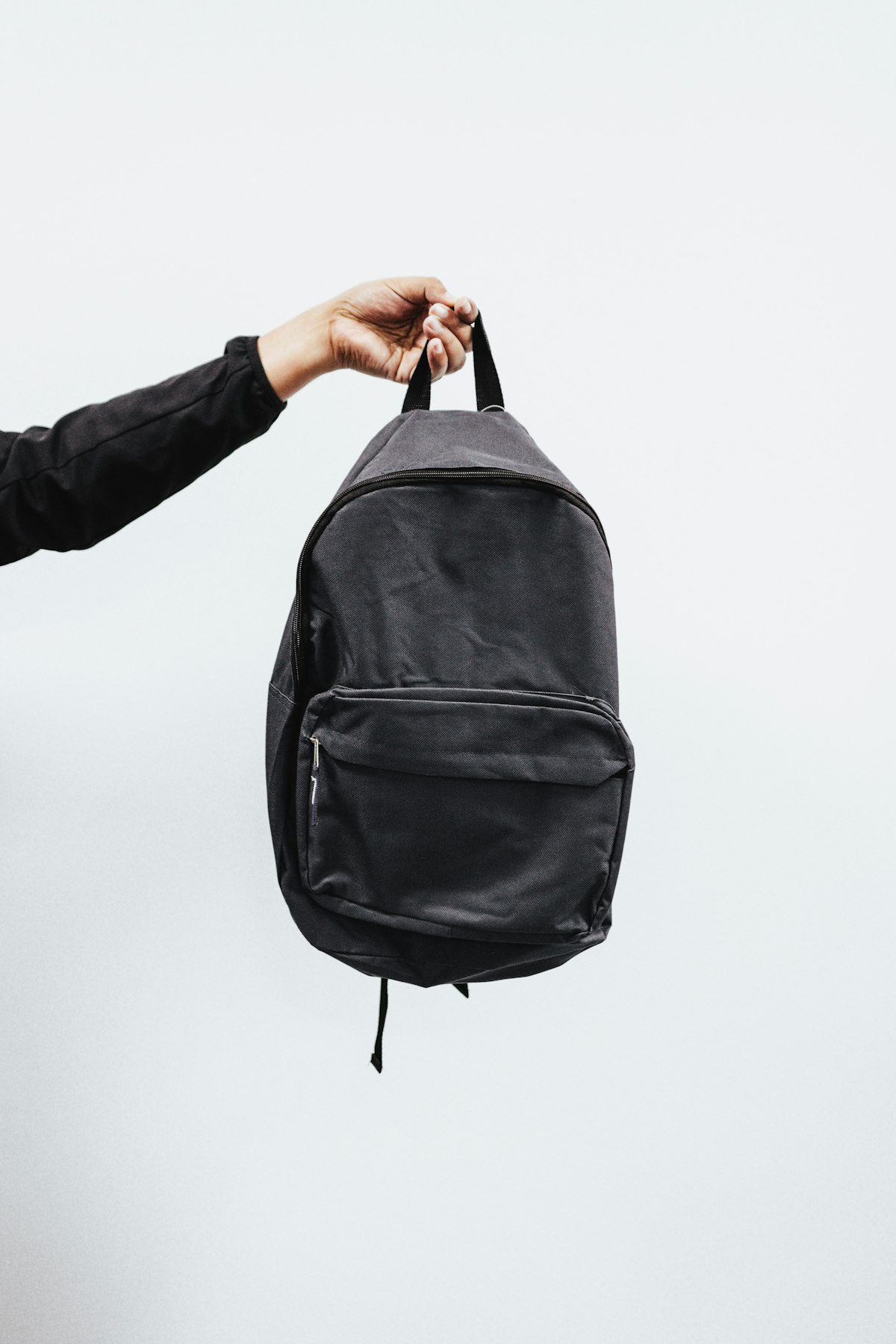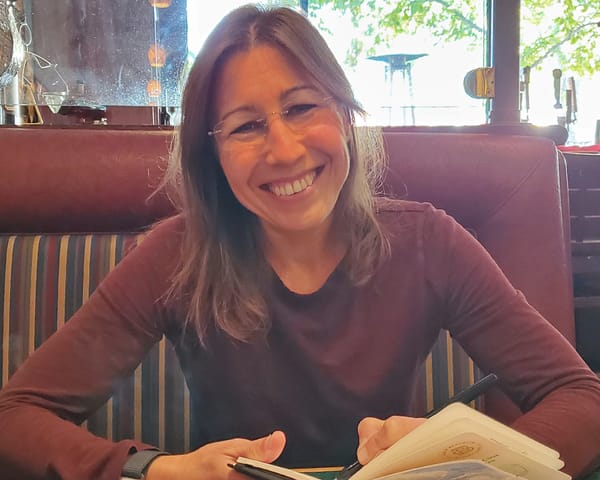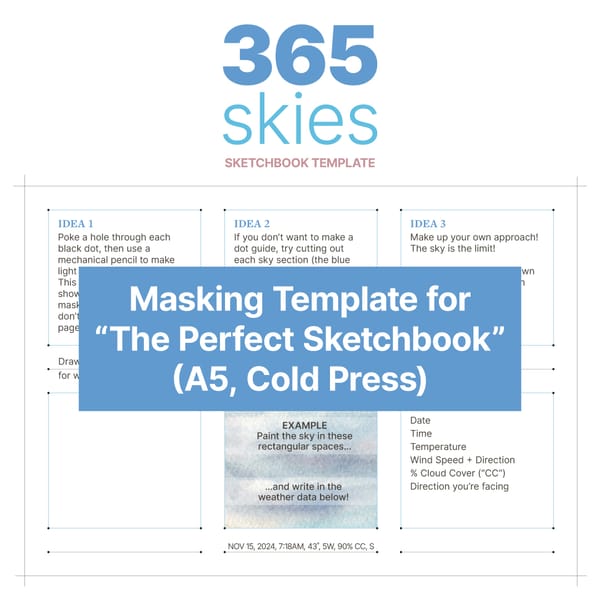Baggage claim
Preparedness lies not in a perfectly packed duffel, but from within.

I began this article from a noisy motel room located across the street from a car wash with one of those industrial-size dryers you slowly inch your car through. Every few minutes, some soul would pass through the car wash, triggering what sounded like a jumbo jet preparing for take-off. I felt like I was rooming at JFK.

Unfortunately, the motel itself wasn’t any better. There was a substantial amount of loitering just a few yards from my room which made leaving my room (and opening my curtains) feel unsafe and risky.
I had overpacked for this trip. Stuck in my temporary corner of the universe, I looked around at all the contingency items I had brought with me: extra coats for varying temperatures, extra clothes, comfort items. I brought my nature journaling kit, my journal, two laptops, and an iPad. I brought extra water and snacks. I also brought a book.
I’m embarrassed to admit how stressed this setting made me feel. I was away from home, my husband, my safe and quiet steady space. I already knew what mattered most couldn’t be packed into a backpack, but there was something about seeing my copy of Meditations by Marcus Aurelius that made me pause.
For a brief moment, I had felt a bit miserable for my circumstances, then, I remembered how lucky I am to have shelter, clothing, food, and the luxury of contingency items. I’m lucky to have a loving husband, my health, and a home to return to. I remembered that feeling miserable was a choice. I decided to take a mental step back and reframe the moment to focus on the things I could control.
All the packing in the world can’t prepare me for how life will unfold. Preparedness lies not in a perfectly packed duffel, but from within.
My tendency to overpack comes from a fear of not being prepared. I sometimes fall into the mental trap of believing that if I bring with me everything I might possibly need, I’ll avoid some terrible fate. In reality, at worst, I might be inconvenienced and possibly uncomfortable, which is far from anything truly terrible (and even the concept of “terrible” is debatable when viewed from a Stoic perspective).
As I reflect on the root causes for my tendency to overpack (and how it can affect how I process a situation), I see an opportunity for personal growth by making efforts to deliberately incorporate the following advice by Seneca into my life:
“Set aside a certain number of days, during which you shall be content with the scantiest and cheapest fare, with coarse and rough dress, saying to yourself the while: “Is this the condition that I feared?” —Seneca
In the coming weeks, I’ll be experimenting with ways to integrate voluntary discomfort to help strengthen my ability to reframe and adapt. Will I emerge completely changed? Not initially, but I will be putting in the work to develop a better framework for coping, which is progress. I wonder what other tendencies I might uncover along the way.
A common theme I share about here at Life Noticed is gradual, sustainable, positive change. What are the little things — things that are easily repeatable and sustainable —that can make a net positive impact? How can we reframe a situation or tweak a habit to help improve our day-to-day lives?
What’s the baggage that’s weighing you down...and how might you lighten this load to live more intentionally?




